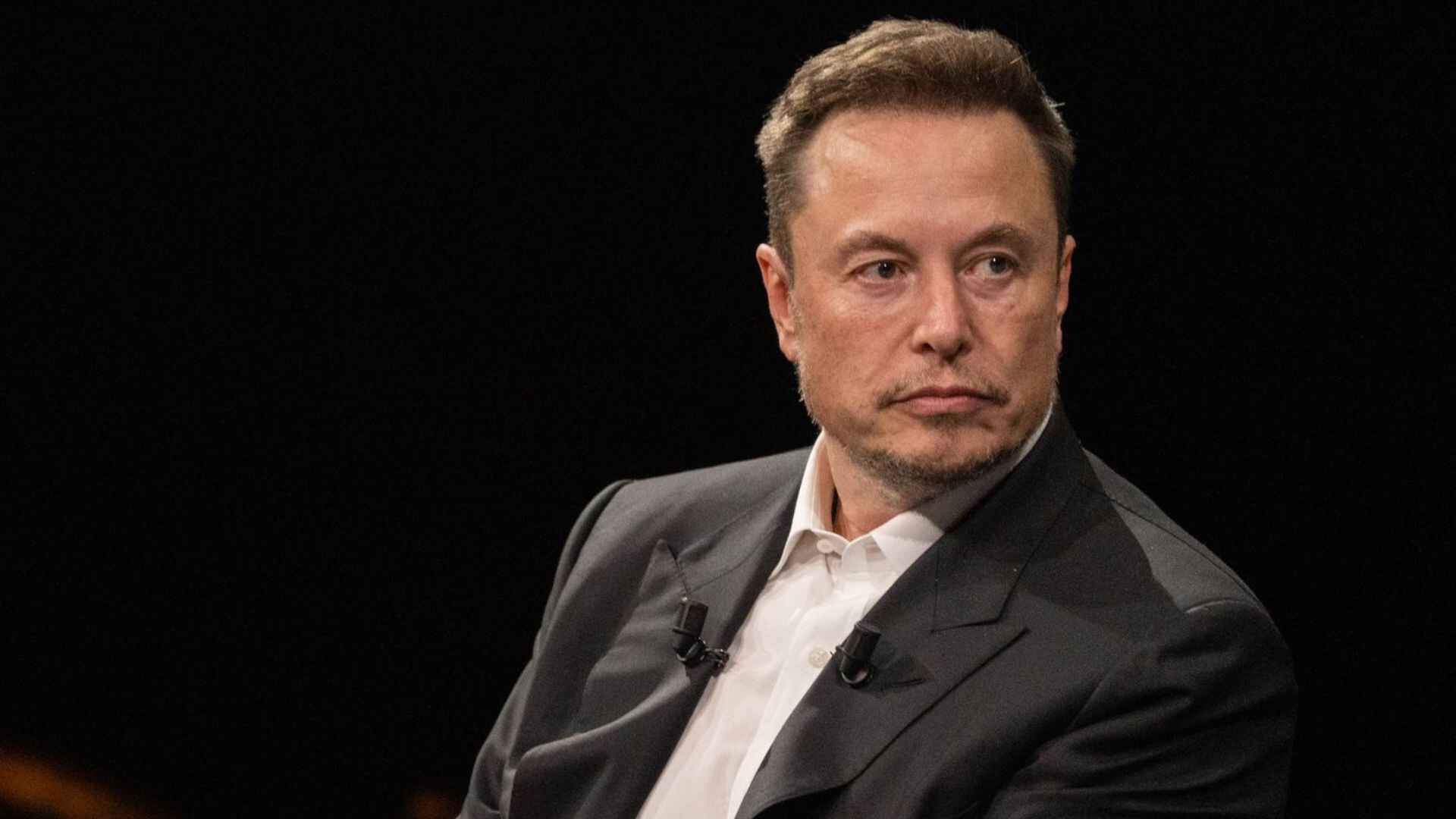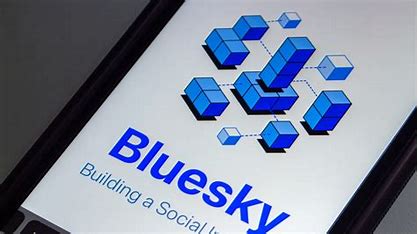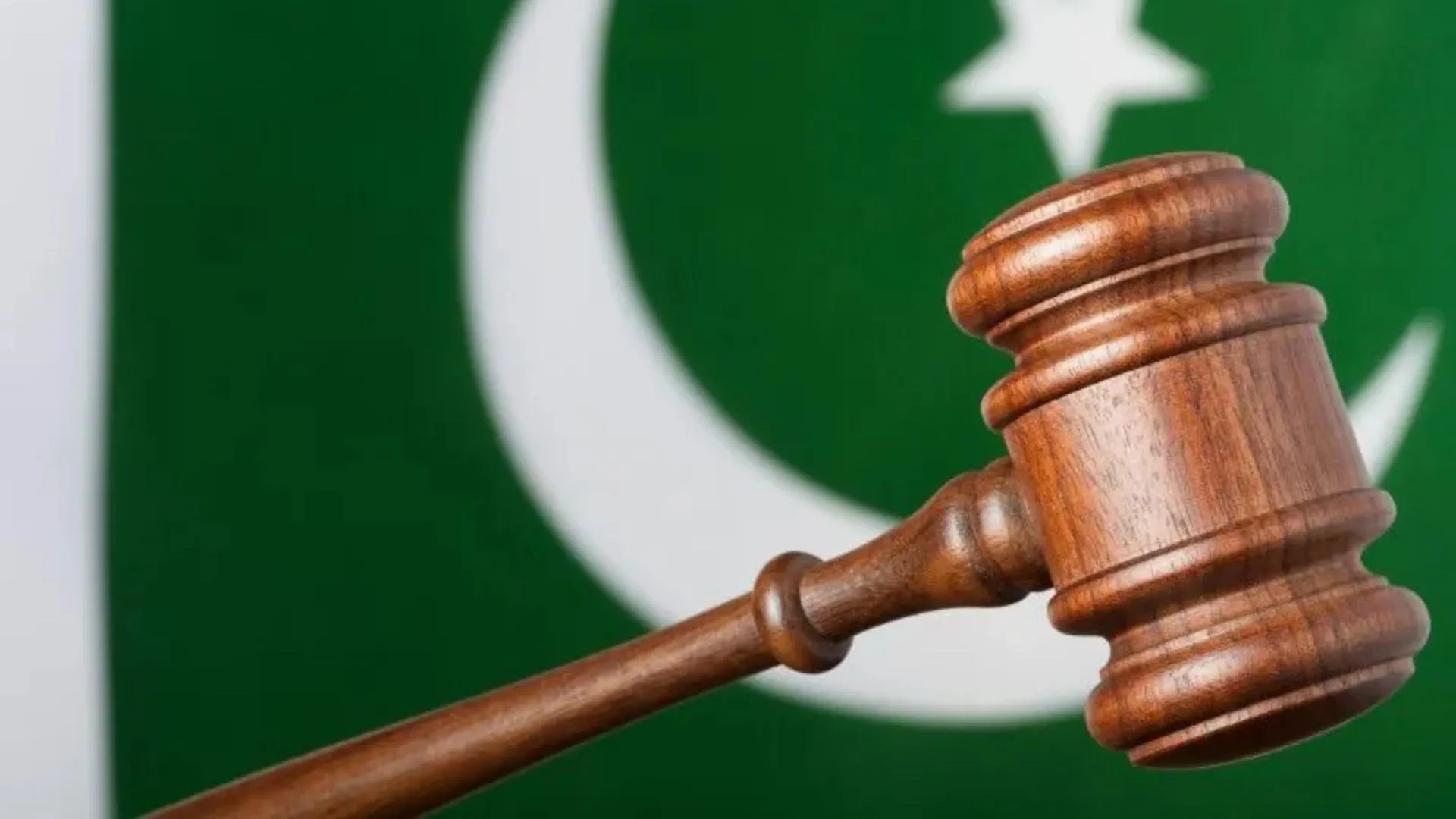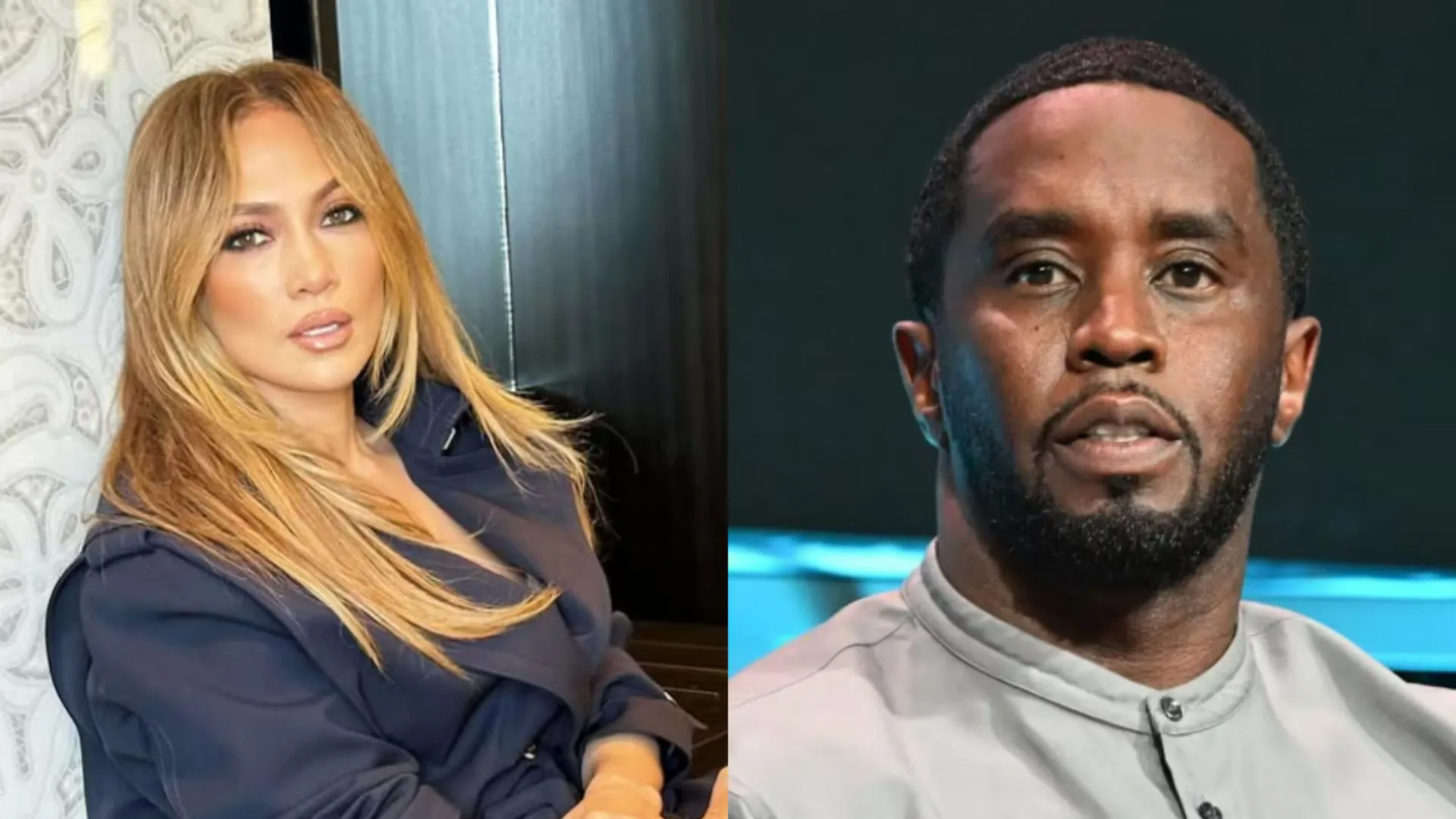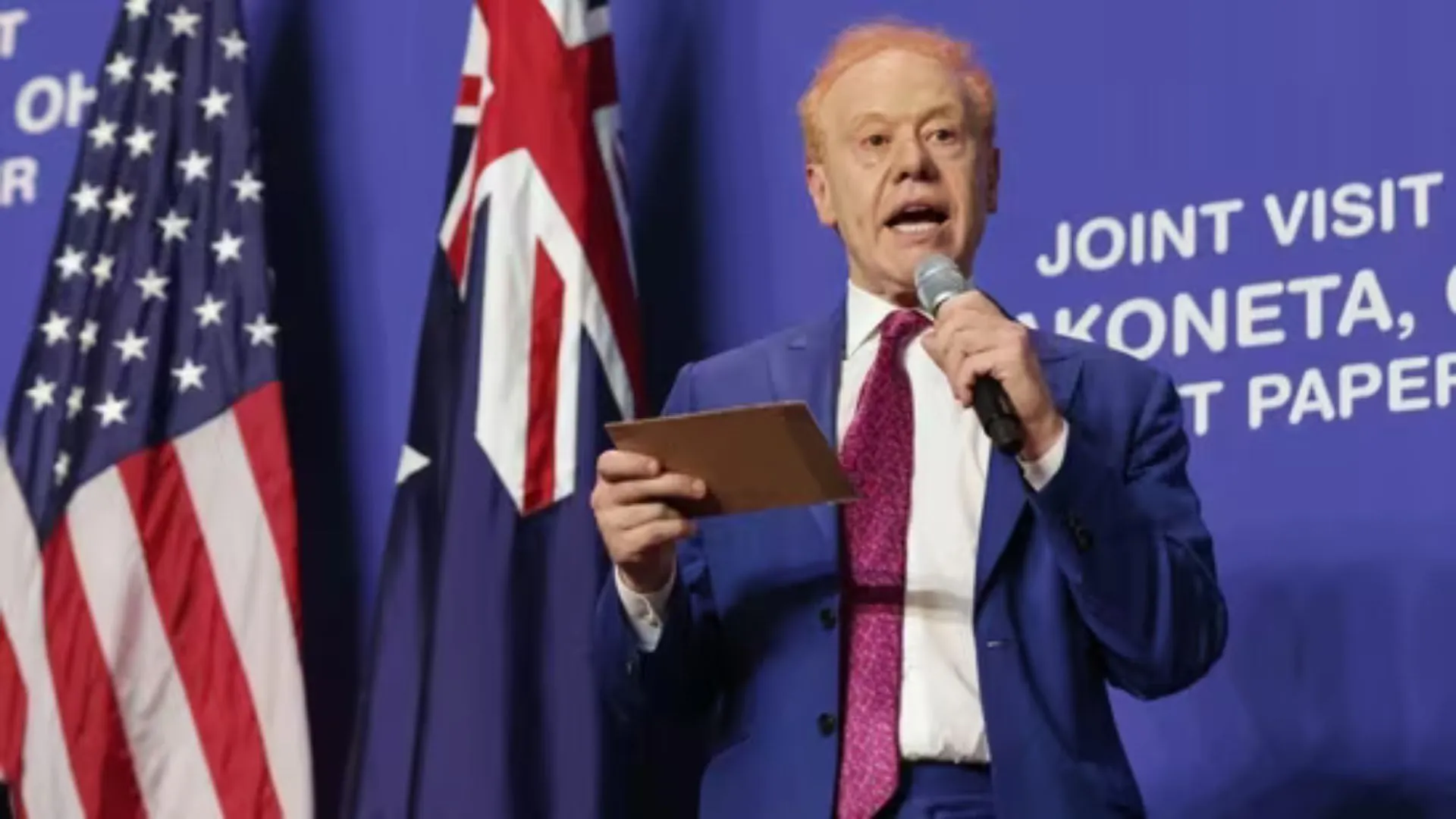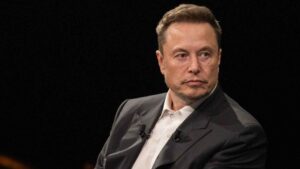US electric car manufacturer Tesla has not yet informed the government about its intentions regarding India under the new EV policy, an official mentioned on Friday. Elon Musk, the American tech billionaire, who was set to visit India on April 21-22, postponed his trip suddenly, citing “very heavy Tesla obligations.”
Musk, the CEO of electric car manufacturer Tesla, was also scheduled to have a meeting with Prime Minister Narendra Modi during his visit.
“They (Tesla) are just silent.. the (EV) policy was always meant for everybody,” the official stated when asked whether the company has conveyed its plans to the government.
The official added that commercial decisions are typically announced by the companies themselves. An email inquiry sent to Tesla went unanswered.
Earlier in April, he confirmed his visit to India in a post on X saying, “Looking forward to meeting with Prime Minister @NarendraModi in India”.
In June of last year, Musk met with Modi during the latter’s visit to the US and expressed his intention to visit India in 2024, confidently stating that Tesla would soon enter the Indian market.
His anticipated visit raised hopes that he would unveil plans for Tesla to establish a presence in the country, including his satellite internet venture, Starlink.
There were expectations that Musk would announce Tesla’s plans to establish manufacturing facilities in India, along with significant investments, potentially reaching billions of dollars, and provide a roadmap for the prompt introduction of Tesla electric vehicles in the Indian market.
Beyond electric cars, Musk is also looking at the Indian market for his satellite internet business, Starlink, pending regulatory approvals.
Previously, Musk had advocated for a reduction in import duties in India to facilitate the sale of Tesla vehicles in the country.
His planned visit coincided with the government’s announcement of a new electric vehicle policy, which offers import duty concessions to companies establishing manufacturing units in India with a minimum investment of USD 500 million, aiming to attract major global players like Tesla.
Last month, a representative from Tesla, facilitated by The Asia Group (TAG), attended the inaugural stakeholders’ meeting on the new EV policy. Also present were representatives from Vietnam’s EV maker VinFast and all major manufacturers in India, including Maruti Suzuki, Hyundai, Tata, Mahindra, Kia, Skoda Auto Volkswagen India, Renault, Mercedes-Benz, BMW, and Audi.
The objective of the stakeholder consultation was to gather feedback for framing guidelines for the new EV manufacturing policy.
According to the policy, companies establishing manufacturing facilities for EV passenger cars will be permitted to import a limited number of vehicles at a reduced customs/import duty of 15 percent for cars costing USD 35,000 and above, for five years from the issuance date of the government’s approval letter.
Currently, completely built units (CBUs) attract customs duties ranging from 70 percent to 100 percent, depending on the engine size and the cost, insurance, and freight (CIF) value. CBUs with a CIF value exceeding USD 40,000 incur a 100 percent import duty (for petrol engines exceeding 3000 cc and diesel engines exceeding 2500 cc). Those with a CIF value below USD 40,000 incur a 70 percent duty (for petrol engines under 3000 cc and diesel engines under 2500 cc).
The new EV policy aims to position India as a manufacturing hub for EVs and attract investments from renowned global manufacturers. Last year, Tesla approached the Indian government seeking duty reductions to import its vehicles into India.

